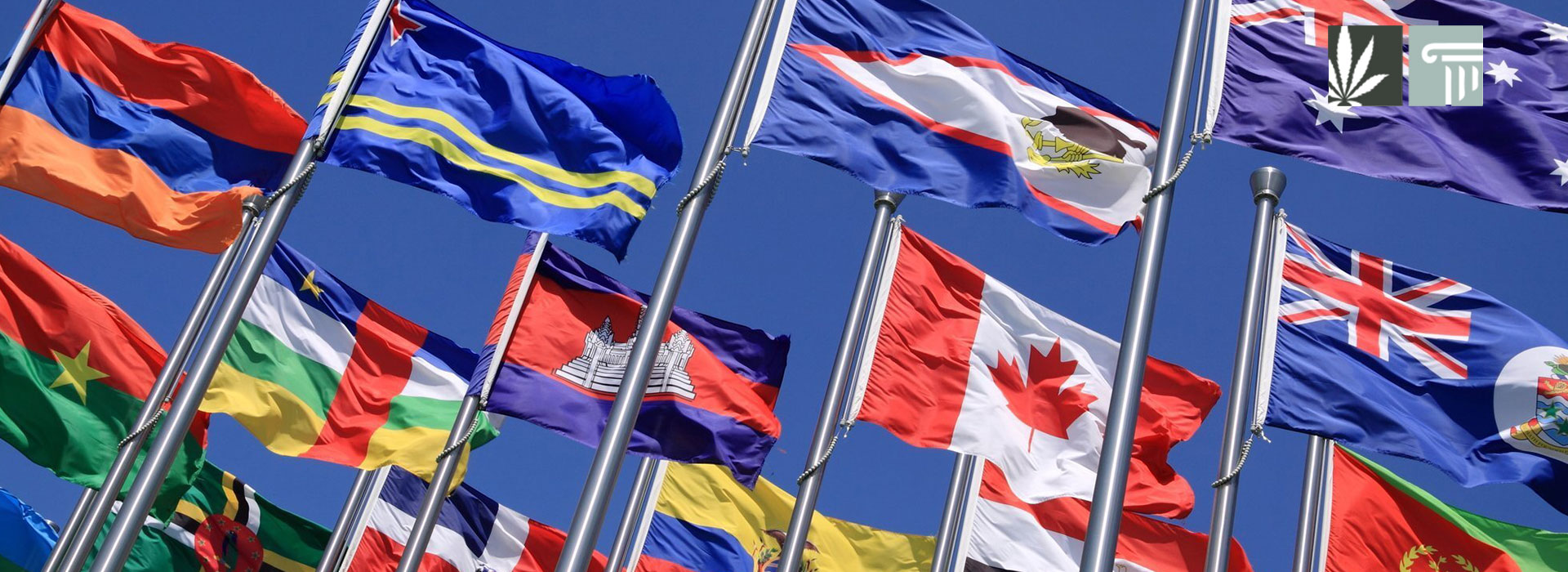The United Nations (UN) drug agency issued a recommendation for a worldwide ban on cannabis advertising in a move widely interpreted as an indication that the organization accepts the inevitability of marijuana legalization.
The UN Office on Drugs and Crime (UNODC) released its 2021 World Drug Report last month in which it advises that a “comprehensive ban on advertising, promoting and sponsoring cannabis would ensure that public health interests prevail over business interests.”
It warns this is increasingly urgent given the perceived risk among youths around the world of using marijuana has lowered dramatically as more and more countries, states and counties have reformed prohibitionist laws, even while THC potency continues to increase.
The 2021 World Drug Report is out 📘
You can play a role in overcoming the world drug problem.
Get informed, trust evidence-based facts and only share from verified sources: https://t.co/4ZfosrrbS2 #WDR2021#ShareFactsOnDrugs and #SaveLives. pic.twitter.com/Hkh5JFuhZ7
— UN Office on Drugs & Crime (@UNODC) June 24, 2021
“Such a ban would need to apply across all jurisdictions,” the report notes, in a manner similar to that in force for tobacco under the World Health Organization’s (WHO) Framework Convention on Tobacco Control. While the UN is unable to enforce such a ban, its policy recommendations carry significant weight among member nations.
Marijuana reform advocates may be split on the issue of cannabis advertising, or whether more young people viewing marijuana as less dangerous is necessarily a bad thing, but many agree the UN issuing regulatory advice marks a shift in its usual prohibitionist stance.
“The fact they are weighing in at all on the regulation debate, and haven’t before, feels significant,” said Steve Rolles, policy analyst for the Transform Drug Policy Foundation. “It feels like a distinctive shift and break with the past.”
The UNODC report also argues that “investment is needed for research into the harm that the non-medical use of cannabis poses to health and to better define the range of health conditions for which cannabis products may be an effective treatment.”
It further looks at the regulatory frameworks for marijuana that have developed across states where its now legal in the US, in addition to countries which legalized cannabis like Uruguay and Canada.
“The retail cannabis market in Canada is likely to continue to evolve as jurisdictions adapt their regulatory approaches, as supply chains develop and as cannabis product offerings are diversified,” the report reads. “Overall, the implementation of laws permitting the non-medical use of cannabis in Canada is still in its nascent stages, and it may take several years of monitoring to clarify how the cannabis market has evolved and to identify its dynamics and the impact of legalization on public health and safety, among other outcome measures.”
For Rolles though, it makes more sense for regulatory bodies to anticipate the rules that may be required, rather than react to problems.
“I’ve had a long running issue with UNODC … [for] not providing best practice guidance for cannabis regulation the way they do for alcohol and tobacco, even though 300 million-plus people live in legal cannabis jurisdictions now,” he said. “It’s so much harder to retrofit sensible regulation into an entrenched corporate market, than to design it sensibly from the start.”
The UNODC’s report comes six months after a UN drug panel voted to remove marijuana from the most restrictive scheduling category under international drug conventions. While the vote doesn’t mean cannabis is now legal, it nonetheless further indicates that the international community is softening its stance toward the plant.






